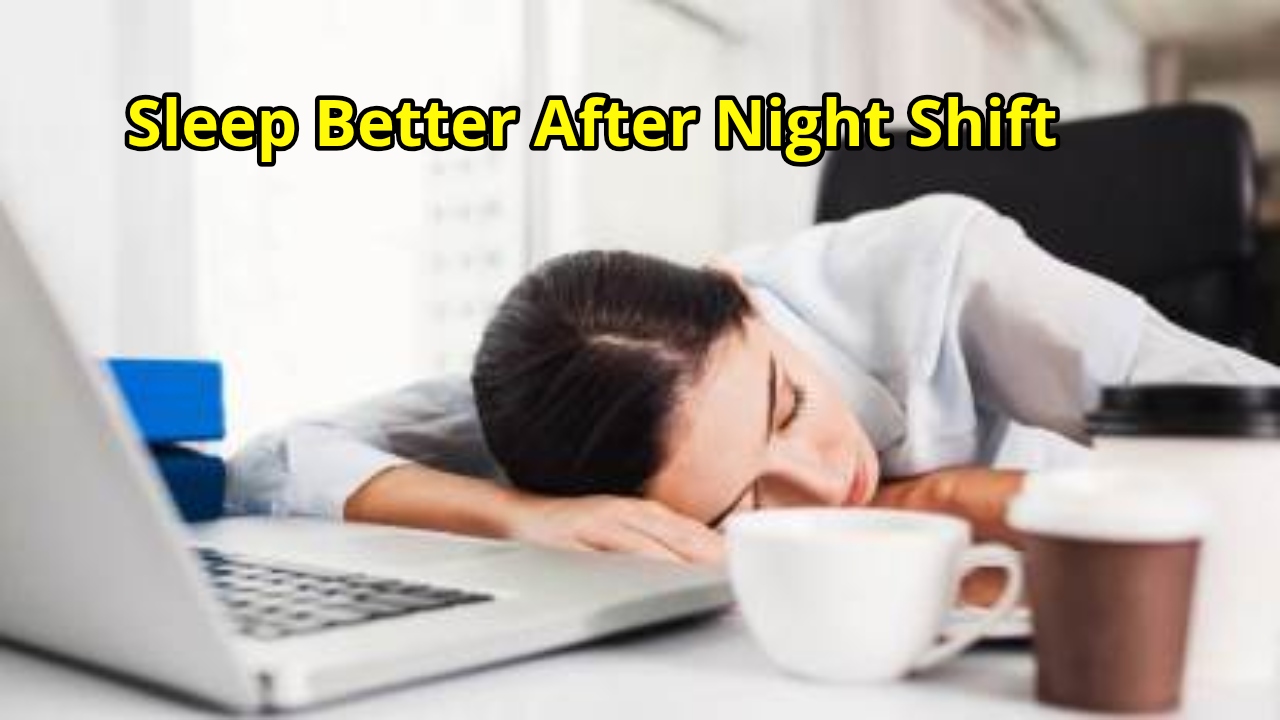Finding it hard to sleep after night shifts? These doctor-approved tips will have you sleeping better during the day.
Night shift work isn’t a picnic, but not for your body, not for your brain, and certainly not for your sleep. If you’ve ever dragged yourself home as the sun came up, only to toss and turn in bed instead of drifting off, you’re not alone. Most people think sleep is just about closing your eyes, but for night shift workers, it’s a whole other battle.
Let’s explore three simple yet transformative sleep tips from a Harvard gastroenterologist Dr. Saurabh Sethi divulged to ensure that you’re finally able to sleep soundly even when the rest of the world wakes up.
1. Block the Sunlight with Blackout Curtains
Sleeping through the day when sunlight is streaming in through the window may be difficult. The mind usually responds to daylight by waking up, making napping more challenging.
Blackout curtains offer the ideal remedy for this problem. Their thick, heavy fabric blocks out sunlight, therefore inducing a gloomy atmosphere that signals the body to slow down and get ready for sleep. This helps in the release of melatonin and enables one to sleep better at night.
They don’t simply keep light out — they establish an ambiance that allows your brain to relax and begin to release melatonin. Your bedroom is a warm little cave with blackout curtains, and suddenly sleeping in the middle of the day doesn’t seem so far away after all.
2. Don’t Use Blue Light Before Bedtime
We all do it, scrolling on our phones following a shift, possibly watching some YouTube vids or texting back. But screens emit blue light, and that crap interferes with your melatonin in a huge way.
Dr. Sethi recommends wearing blue-light blocking glasses while you’re working. These hip-looking glasses prevent the nasty light from entering your eyes so your body doesn’t get messed up. And also, if you need to be on your phone at night (no judgment, we’ve all been guilty of it), just enable the blue light filter, most phones do now.
3. Avoid Caffeine 6 Hours Before Nighttime
And then there’s a sneaky one. We all enjoy that cup of coffee or two energy drinks to keep us awake in the workplace. However, if you’re attempting to sleep after working, caffeine will completely destroy it. It lingers in your system longer than you’d like to acknowledge i.e., 6 hours or longer!
So if you’re wrapping up work at 7 a.m. and you want to be in bed by 8, you’ll try to cut off the caffeine at 2 a.m. It’s difficult, especially when you’re yawning through the whole night, but your body will appreciate it later. Sleeping without the caffeine boost is all the difference.
Bottom line
Night shifts are ugly. But if you make these three tiny adjustments — turn down the bedroom, stay away from blue light, and shut off the caffeine way in advance, you can at last, you can achieve the kind of sleep that truly rejuvenates rather than exhausts. Try them out. Your body, mind, and even perhaps your mood will appreciate it.
